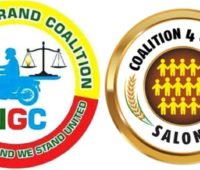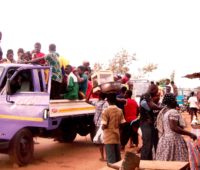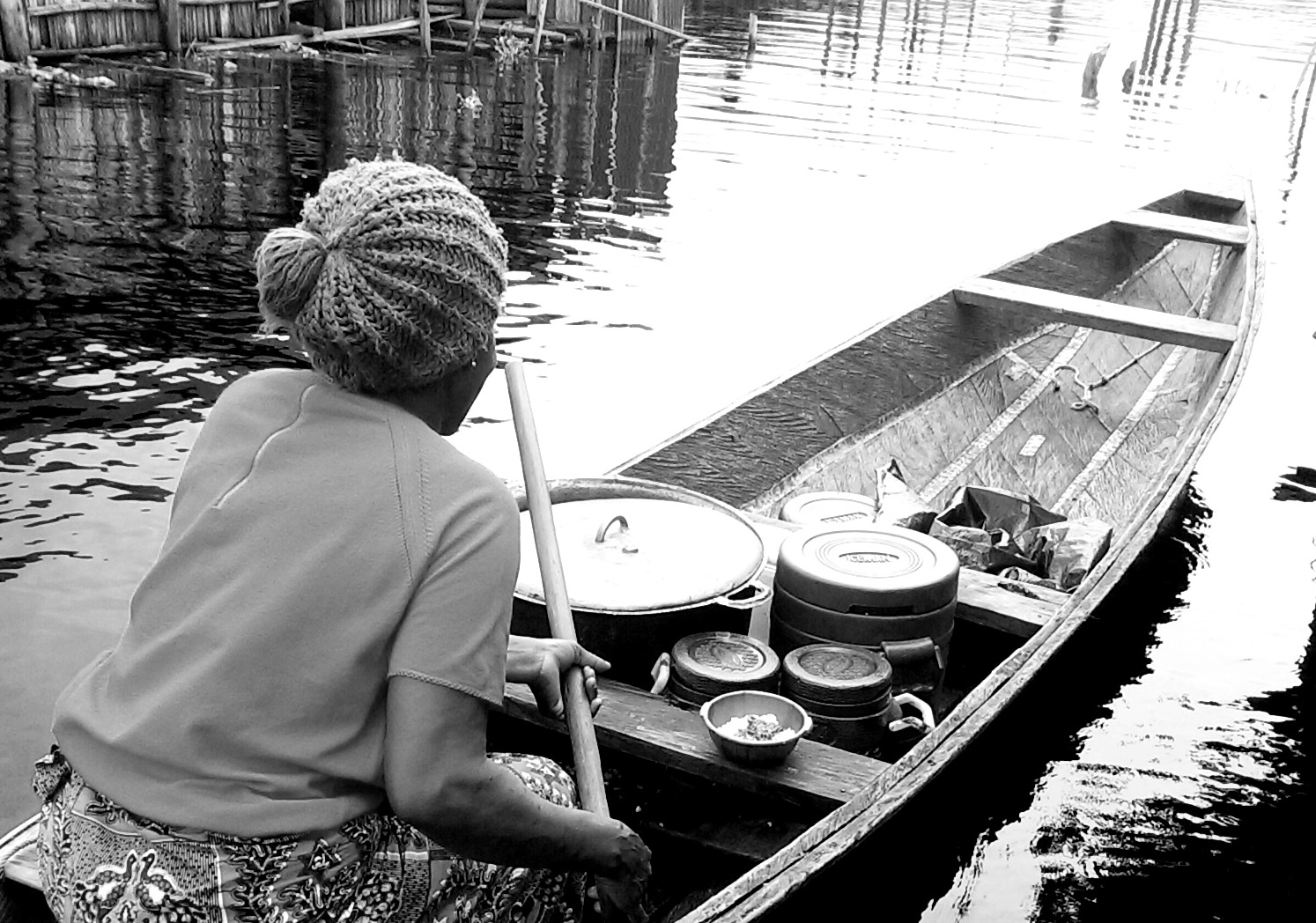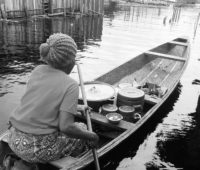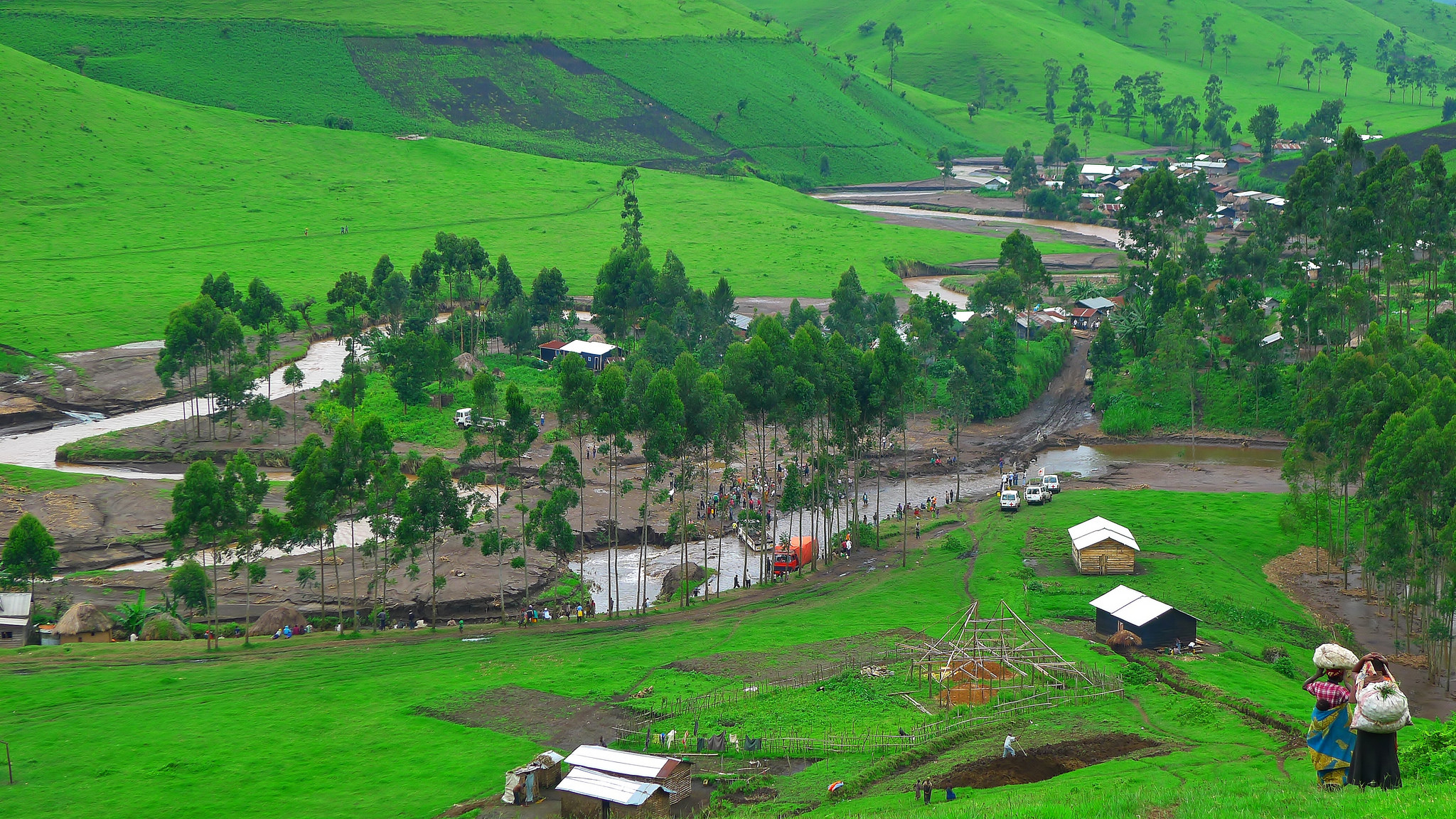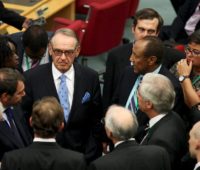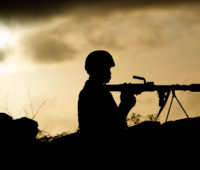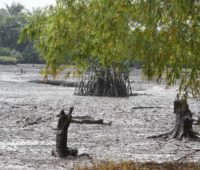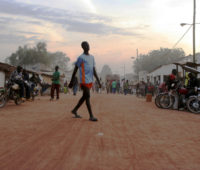Sierra Leone’s fourth post-war presidential, parliamentary, and local elections, scheduled for March 7, 2018, will be the litmus test to assess whether democratic principles are entrenched in the country’s post-conflict electoral politics. This is because the upcoming elections are the first to be organized solely by the government since the end of the civil strife in January […]



